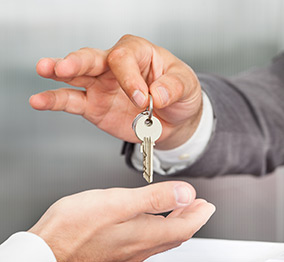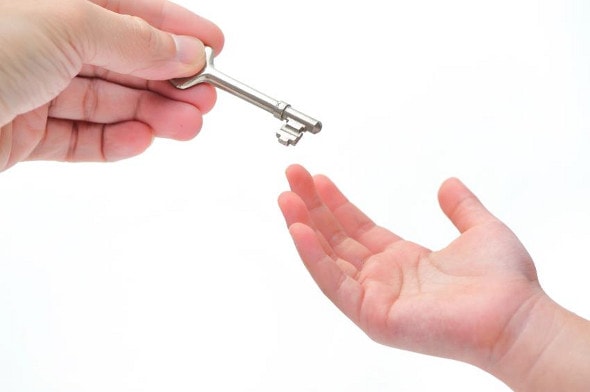Can a Sole Proprietor Leave their Business to Someone?

What can sole proprietors bequeath in their wills?
A sole proprietor’s personal and business assets are considered as one financial entity. The value of a sole proprietor’s business assets will be integrated into the comprehensive value of their estate. As long as the will is not contested, your estate administrator can distribute these assets in accordance with your wishes.
Dependent on the total value of said estate, a large portion of your estate may also need to go towards your final taxes. When bequeathing assets in your will, account for these taxes so as not to financially strain your heirs. Remember, you are deemed to dispose of all your assets at fair market value at the time of your death.
How does the structure of a sole proprietorship affect succession planning?
Careful estate planning will allow a sole proprietor to bequeath particular elements of their business to a successor. However, several aspects of the sole proprietorship will lose their validity as soon as the sole proprietor is gone.
- If your sole proprietorship is built around intellectual property, remember that these assets are indivisible
- That means you cannot divide intellectual property between beneficiaries.
- If you do not specifically state in your will who will be the recipient of your intellectual property, then each eligible beneficiary will receive an exact working copy
- By creating copies of your intellectual property and dispersing them amongst multiple parties, your lack of intent will severely compromise the value of these intellectual assets
- Therefore, a sole proprietor must take great care when designating the recipient(s) of this valuable property
How does a sole proprietorship affect your business after your passing?
- The recipient of your business assets cannot use your business once you have passed away
- The assets of your sole proprietorship must be incorporated into a pre-established business or a new business entity must be built with these assets
- Any legal agreements that were relied upon to do business will lose their validity as soon as the sole proprietor is gone
- The new business owner will be responsible for renegotiating these contracts under the entity of the new/pre-established business
Important considerations for sole proprietors
- For some sole proprietors, a consultation with a seasoned accounting team may reveal that restructuring their business into an alternative legal entity may greatly benefit their estate
- Unlike a sole proprietorship, a legally designated corporation will continue to operate after the owner has passed on – if this is the owner’s wishes
- Your business will still be able to uphold its legal contracts
- Your intellectual property will be protected and ownership will not need to be transferred as it will belong to the company
- You will still have the power to name a beneficiary i.e. who will run your company
- Your business and personal finances will no longer be intertwined, so your estate taxes will be determined based upon your share of the corporation you leave behind
- This will likely decrease the amount of tax that your family will be required to pay on your terminal return
As a sole proprietor, you must consider both the best interests of your business and your family. If you are not sure whether your business or your estate is strategically set up, contact an accounting professional who can fully disclose the benefits and setbacks of a variety of financial strategies.






